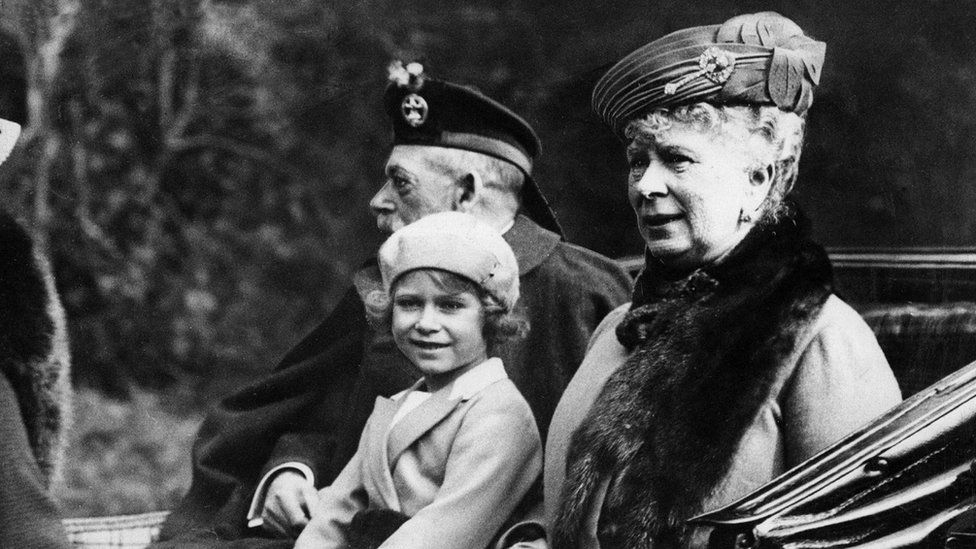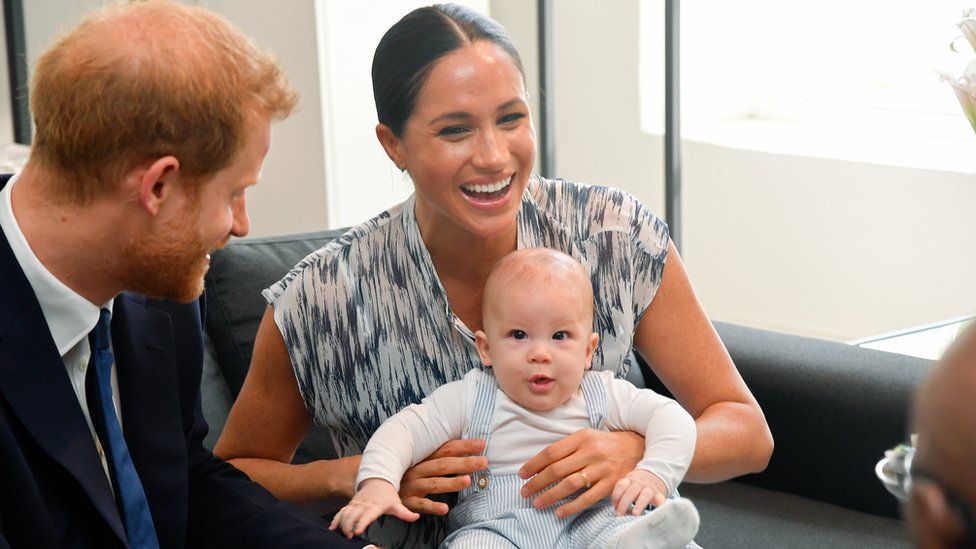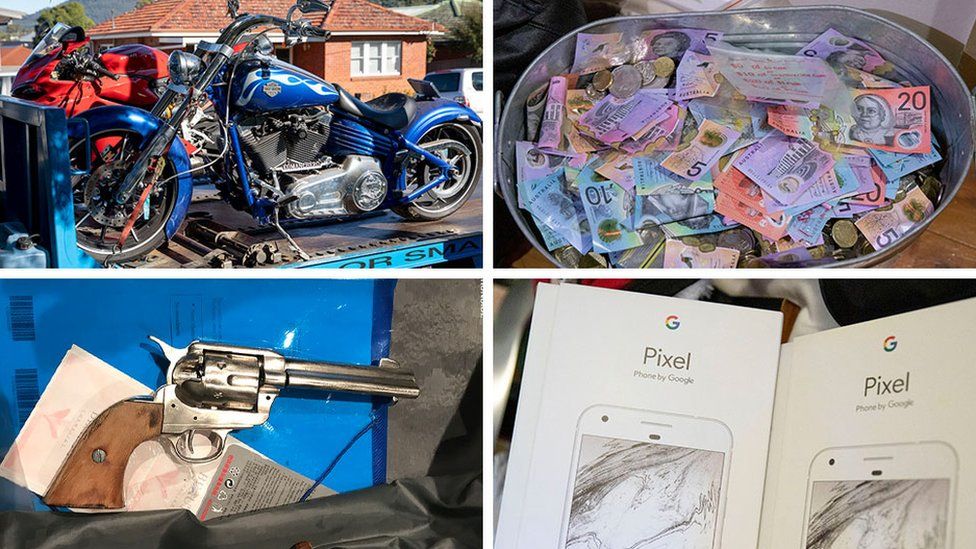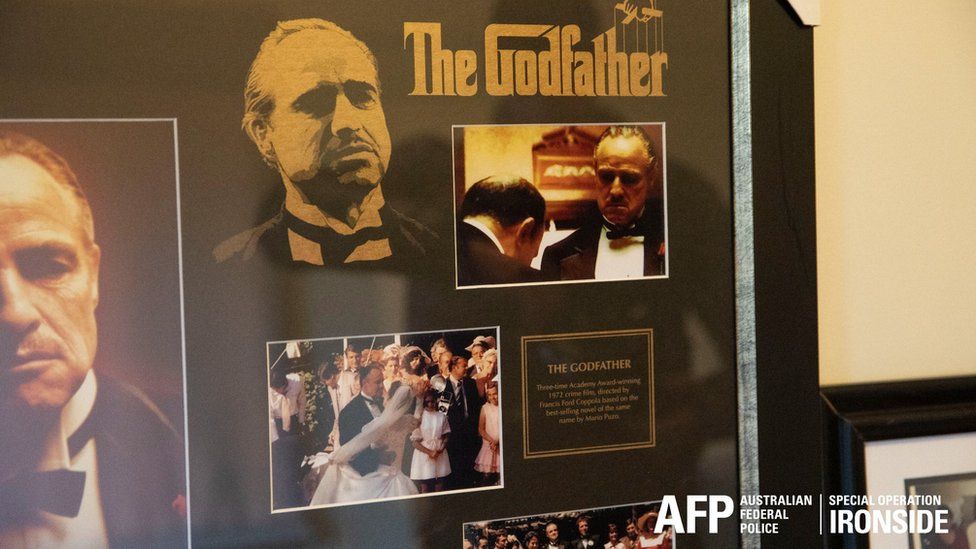Wednesday, 9 June 2021
South Korean mayor ‘sorry’ for falling for vaccine scam
Harry and Meghan did not ask Queen to use Lilibet name – Palace source
The Queen was not asked by the Duke and Duchess of Sussex about naming their daughter Lilibet, a Palace source has told the BBC.
The source disputed reports in the wake of the announcement of the name that Prince Harry and Meghan had spoken to the Queen before the birth.
But a Sussexes’ spokesperson insisted they would not have used the name had the Queen not been supportive.
They said the monarch was the first family member the duke had called.
The spokesperson said: “The duke spoke with his family in advance of the announcement – in fact his grandmother was the first family member he called.
“During that conversation, he shared their hope of naming their daughter Lilibet in her honour. Had she not been supportive, they would not have used the name.”
The relationship between the couple and the Royal Family has made headlines in recent months.
Earlier this year, while the couple were expecting their daughter, they aired criticisms of the Royal Family and made an allegation of racism in an explosive interview with Oprah Winfrey.
And although Harry spoke about difficulties between him and his father, he said that he had a “really good” relationship with the Queen and they spoke regularly over video call.
At the weekend, the couple announced that Lilibet “Lili” Diana Mountbatten-Windsor had been born at a hospital in Santa Barbara in California on Friday morning.
The name “Lilibet” is heavy with personal history for Her Majesty.
The nickname was coined when then-Princess Elizabeth was just a toddler and couldn’t pronounce her own name properly. Her grandfather King George V would affectionately call her Lilibet, imitating her attempts to say her name. It stuck and came to be used by close relatives.
She signed her name as Lilibet on the funeral wreath for one of her closest friends Earl Mountbatten. The Queen’s late husband, the Duke of Edinburgh, also called her by the nickname.
 IMAGE COPYRIGHT GETTY IMAGES
IMAGE COPYRIGHT GETTY IMAGESFollowing Lilibet’s birth, it was widely presumed that Harry and Meghan had first spoken to the Queen about the choice of name.
There were subsequent stories in the press quoting “friends” of the couple who strongly suggested that Harry had sought permission from his grandmother.
The Times also reported that it understood the Queen had been informed by Harry about the name.
And a source close to the Sussexes also told the BBC that Harry had spoken to the Queen before the birth and “would have mentioned the name” – claims a Palace source has since disputed.
 IMAGE COPYRIGHTGETTY IMAGES
IMAGE COPYRIGHTGETTY IMAGESLilibet is the Queen’s 11th great-grandchild and younger sister to Archie, who is now two years old.
Her middle name, Diana, is a tribute to Prince Harry’s late mother. Princess Charlotte, the daughter of Prince William and Catherine, also has Diana as one of her middle names, as well as Elizabeth.
After her birth, Buckingham Palace said the Queen and other senior royals had been informed and were “delighted with the news”.
During the interview with Oprah in March, the couple said they would be done after baby number two – meaning they were not planning to have any more children.
………………………………………………………………
ANOM: Hundreds arrested in massive global crime sting using messaging app
More than 800 suspected criminals have been arrested worldwide after being tricked into using an FBI-run encrypted messaging app, officials say.
The operation, jointly conceived by Australia and the FBI, saw devices with the ANOM app secretly distributed among criminals, allowing police to monitor their chats about drug smuggling, money laundering and even murder plots.
Officials called it a watershed moment.
Targets included drug gangs and people with links to the mafia.
Drugs, weapons, luxury vehicles and cash were also seized in the operation, which was conducted across more than a dozen countries. This included eight tons of cocaine, 250 guns and more than $48m (£34m) in various worldwide currencies and cryptocurrencies.
Australian Prime Minister Scott Morrison said the operation had “struck a heavy blow against organised crime” around the world.
European Union police agency Europol described Operation Trojan Shield/Greenlight as the “biggest ever law enforcement operation against encrypted communication”.
How did the ANOM sting work?
The FBI began operating its own encrypted device company called ANOM, and covertly distributed devices with the chat app among the criminal underworld via informants.
The idea for the operation came after two other encrypted platforms were taken down by law enforcement agencies, leaving criminal gangs in the market for new secure phones.
The devices were initially used by alleged senior crime figures, giving other criminals the confidence to use the platform.
“You had to know a criminal to get hold of one of these customised phones. The phones couldn’t ring or email. You could only communicate with someone on the same platform,” the Australian police explained.

Australian fugitive and alleged drug trafficker Hakan Ayik was key to the sting, having unwittingly recommended the app to criminal associates after being given a handset by undercover officers, police said.
Dubbed the “Facebook gangster” by Australian media outlets, Ayik is seen in social media photographs with large tattoos and a muscular physique. Local outlets say he has been living in Turkey since evading arrest, living a luxury lifestyle with a Dutch wife.
Police said he was “best off handing himself into us” as soon as possible, as he may be in danger himself, having unwittingly helped the FBI with their sting.
In total, some 12,000 encrypted devices were used by around 300 criminal syndicates in more than 100 countries.
What did the authorities uncover?
Officers were able to read millions of messages in “real time” describing murder plots, mass drug import plans and other schemes.
“All they talk about is drugs, violence, hits on each other, innocent people who are going to be murdered, a whole range of things,” said Australian Federal Police commissioner Reece Kershaw.
In total, some 9,000 police officers around the world were involved in the sting.
Calvin Shivers of the FBI’s Criminal Investigative Division said the operation had enabled police agencies to “turn the tables on criminal organisations”, with intelligence gathered preventing murders and a number of other crimes.
“We were actually able to see photographs of hundreds of tons of cocaine that were concealed in shipments of fruit,” he said.

Statements from law enforcement agencies did not name any of those arrested in the sting.
In Australia, 224 people were arrested including members of outlaw motorcycle gangs, mafia groups, Asian crime syndicates, and serious and organised crime groups.
Police said they also seized three tonnes of drugs and A$45m (£25m; $35m) in cash and assets, and acted on 20 “threats to kill”, potentially saving the lives of a “significant number of innocent bystanders”.
Mr Morrison said the sting, which was called Operation Ironside, was “a watershed moment in Australian law enforcement history”.
New Zealand police said 35 people in the country had been arrested, and about NZ$3.7m (£1.9m, $2.7m) of assets seized.
“We believe the termination of these operations will have a significant impact on New Zealand’s organised crime scene,” National Organised Crime Group Director Detective Superintendent Greg Williams said.
Europol’s deputy executive director Jean-Philippe Lecouffe described the operation as an “exceptional success”.
The agency did not break down the arrests in each country, but local officials said they included 70 people in Sweden and 49 in the Netherlands, according to Reuters news agency.
Linda Staaf, the Swedish police’s head of intelligence, said the operation had prevented 10 murders, Reuters reported.
The FBI is expected to present more details later on Tuesday.
………………………………………………………………
French President Macron slapped in face on public walkabout
UK police is making Muslim mental health a terrorism flag
A mental health project run by counterterrorism forces is criminalising mental health problems among Muslims.
A Royal Encounter at Madame Tussauds London - Part 7
Exploring the Majesty of the Palace and Its Distinguished Guests Greetings, ladies and gentlemen! My name is Sofonie Dala, and I am deligh...

-
Since the July 26 coup, Niger has become the latest hotbed of disinformation in the troubled Sahel region as West African powers grapple wit...
-
Angolan President of Republic João Lourenço marked Saturday (26) the third year of his five-year in office, marked by the strong negative ...
-
Celebrating Purpose, Passion & Powerful Public Engagements! Dear Changemakers, As we reach the midpoint of 2025, we’re thrilled to sha...





